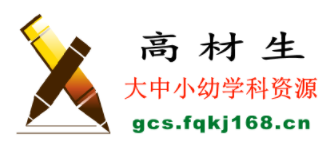In recent years, with the increasing international exchanges and cooperation, the importance of English learning has become self-evident. As the most widely used language in the world, mastering English not only broadens our horizons, but also improves our competitiveness in the global arena. The English Elective Course Book Three, People’s Education Edition, is a key textbook for students to systematically learn English. Translating the texts in this book is of great significance for both students and educators.
The translation of the English Elective Course Book Three is a complex and challenging task. It requires linguistic proficiency, cultural sensitivity, and a deep understanding of the educational objectives of the textbook. The translator must not only accurately convey the meaning of the original text, but also ensure that the translated version is engaging and accessible to the target audience. Additionally, the translator must consider the educational context in which the textbook will be used, ensuring that the translated texts effectively support the learning goals of the course.

One of the primary benefits of translating the texts of the English Elective Course Book Three is that it provides students with access to a wider range of authentic English language materials. By exposing students to diverse literary styles, cultural references, and linguistic conventions, the translated texts enrich students’ language learning experience and help them develop a more nuanced understanding of the English language.
Furthermore, translating the texts of the English Elective Course Book Three facilitates cross-cultural communication and understanding. Through the process of translation, students are exposed to different cultural perspectives and ways of thinking, which helps foster a more inclusive and globally-minded worldview. By engaging with translated texts, students can gain insights into the customs, values, and traditions of English-speaking countries, laying a solid foundation for intercultural communication and cooperation in the future.
From an educational perspective, the translated texts of the English Elective Course Book Three serve as valuable teaching materials for educators. The translated texts provide educators with a rich and varied set of resources to support their instructional goals, enabling them to design diverse and engaging learning activities that cater to the needs and interests of their students. Additionally, the translated texts can be used to promote critical thinking, language acquisition, and intercultural competence, contributing to the holistic development of students’ language abilities.
In conclusion, the translation of the texts in the English Elective Course Book Three, People’s Education Edition, plays a crucial role in promoting English language learning, cultural exchange, and educational innovation. By providing students with access to high-quality translated materials, educators have the opportunity to inspire and empower the next generation of global citizens. As we continue to explore new horizons in English language education, the translation of these texts will undoubtedly serve as a cornerstone for achieving greater cross-cultural understanding and proficiency in the global language of communication.












